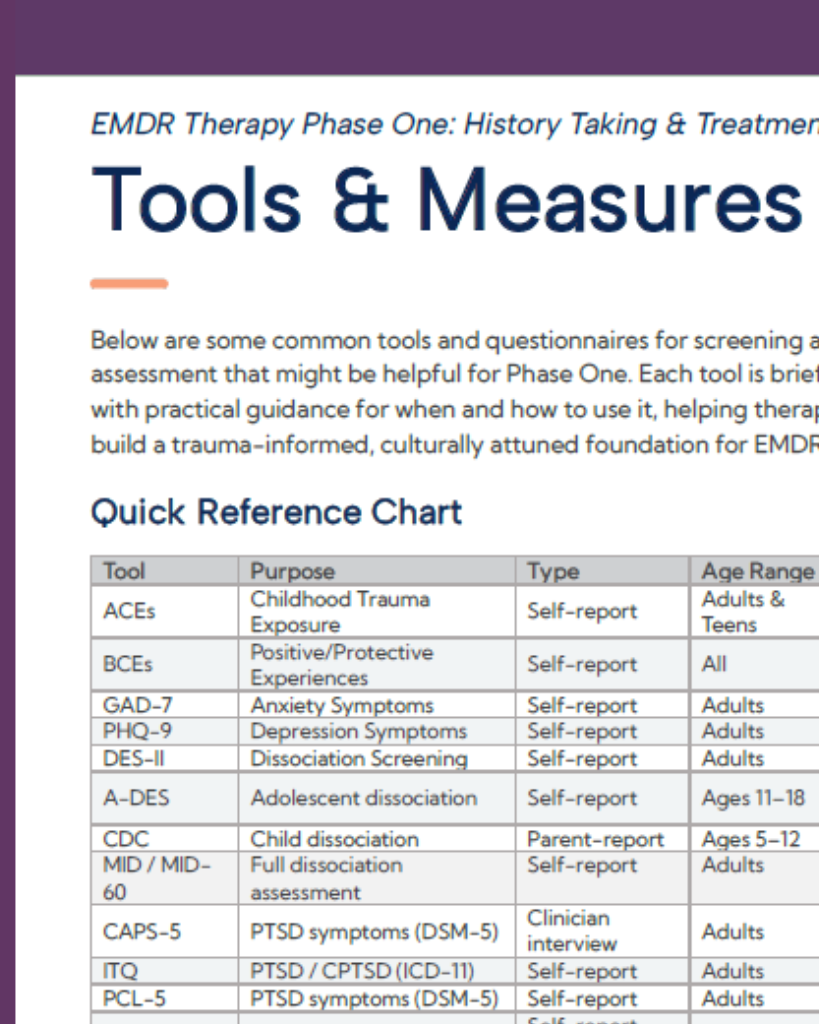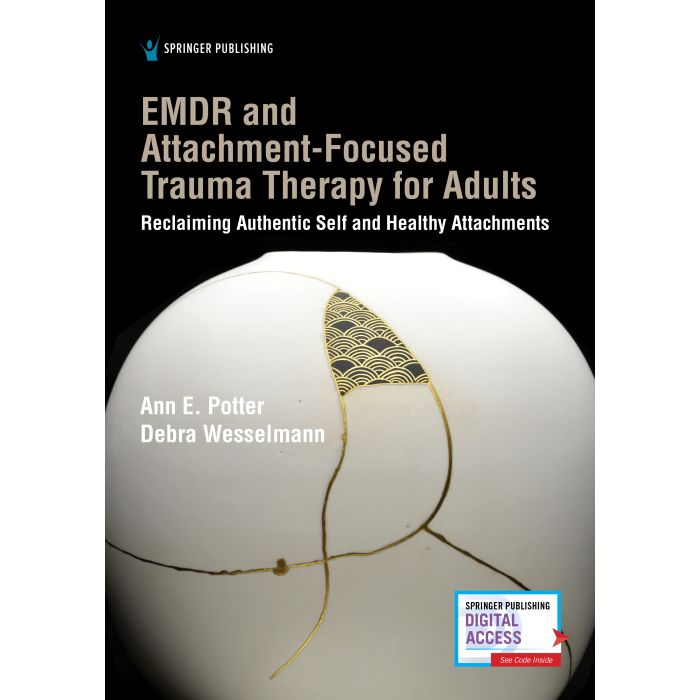The role of dissociation-related beliefs about memory in trauma-focused treatment
Patients with PTSD, dissociative symptoms, or dissociation-related beliefs about memory received individual prolonged exposure (PE) and EMDR.
Article Abstract
“Objective: Dysfunctional cognitions play a central role in the development of post-traumatic stress disorder (PTSD). However the role of specific dissociation-related beliefs about memory has not been previously investigated. This study aimed to investigate the role of dissociation-related beliefs about memory in trauma-focused treatment. It was hypothesized that patients with the dissociative subtype of PTSD would show higher levels of dissociation-related beliefs, dissociation-related beliefs about memory would decrease after trauma-focused treatment, and higher pre-treatment dissociation-related beliefs would be associated with fewer changes in PTSD symptoms.
Method: Post-traumatic symptoms, dissociative symptoms, and dissociation-related beliefs about memory were assessed in a sample of patients diagnosed with PTSD (n = 111) or the dissociative subtype of PTSD (n = 61). They underwent intensive trauma-focused treatment consisting of four or eight consecutive treatment days. On each treatment day, patients received 90 min of individual prolonged exposure (PE) in the morning and 90 min of individual eye movement desensitization and reprocessing (EMDR) therapy in the afternoon. The relationship between dissociation-related beliefs about memory and the effects of trauma-focused treatment was investigated.
Results: Dissociation-related beliefs about memory were significantly associated with PTSD and its dissociative symptoms. In addition, consistent with our hypothesis, patients with the dissociative subtype of PTSD scored significantly higher on dissociation-related beliefs about memory pre-treatment than those without the dissociative subtype. Additionally, the severity of these beliefs decreased significantly after trauma-related treatment. Contrary to our hypothesis, elevated dissociation-related beliefs did not negatively influence treatment outcome.
Conclusion: The results of the current study suggest that dissociation-related beliefs do not influence the outcome of trauma-focused treatment, and that trauma-focused treatment does not need to be altered specifically for patients experiencing more dissociation-related beliefs about memory because these beliefs decrease in association with treatment.
HIGHLIGHTS
-
This study investigated the role of dissociation-related beliefs about memory on trauma-focused treatment.
-
Dissociation-related beliefs were related to post-traumatic and dissociative symptoms, and were especially prominent in patients with the dissociative subtype of post-traumatic stress disorder.
-
Dissociation-related beliefs about memory do not impact the effectiveness of trauma-focused treatment. In fact, trauma-focused treatment effectively decreased these beliefs, suggesting that dissociation-related beliefs about memory should not be a determining factor in withholding patients from receiving trauma-focused therapy.”
—Description from publisher
Article Access
Open Access
van der Linde, R. P. A., Hugjens, R. J. C., Bachrach, N., Rijkeboer, M. M., de Jongh, A., & van Minnen, A. (2023). The role of dissociation-related beliefs about memory in trauma-focused treatment. European Journal of Psychotraumatology, 14(2), 2265182. Open access: https://doi.org/10.1080/20008066.2023.2265182
Date
October 17, 2023
Creator(s)
Robin P. A. van der Linde, Rafaële J. C. Huntjens, Nathan Bachrach
Contributor(s)
Marleen M. Rijkeboer, Ad de Jongh, Agnes van Minnen
Topics
Complex Trauma/C-PTSD, Dissociation, PTSD
Extent
10 pages
Publisher
Taylor & Francis
Rights
© 2023 The Author(s). Published by Informa UK Limited, trading as Taylor & Francis Group. This is an Open Access article distributed under the terms of the Creative Commons Attribution-NonCommercial License (http://creativecommons.org/licenses/by-nc/4.0/), which permits unrestricted non-commercial use, distribution, and reproduction in any medium, provided the original work is properly cited. The terms on which this article has been published allow the posting of the Accepted Manuscript in a repository by the author(s) or with their consent.
APA Citation
van der Linde, R. P. A., Hugjens, R. J. C., Bachrach, N., Rijkeboer, M. M., de Jongh, A., & van Minnen, A. (2023). The role of dissociation-related beliefs about memory in trauma-focused treatment. European Journal of Psychotraumatology, 14(2), 2265182. Open access: https://doi.org/10.1080/20008066.2023.2265182
Audience
EMDR Therapists, Other Mental Health Professionals
Language
English
Content Type
Article, Peer-Reviewed
Access Type
External Resource, Open Access





